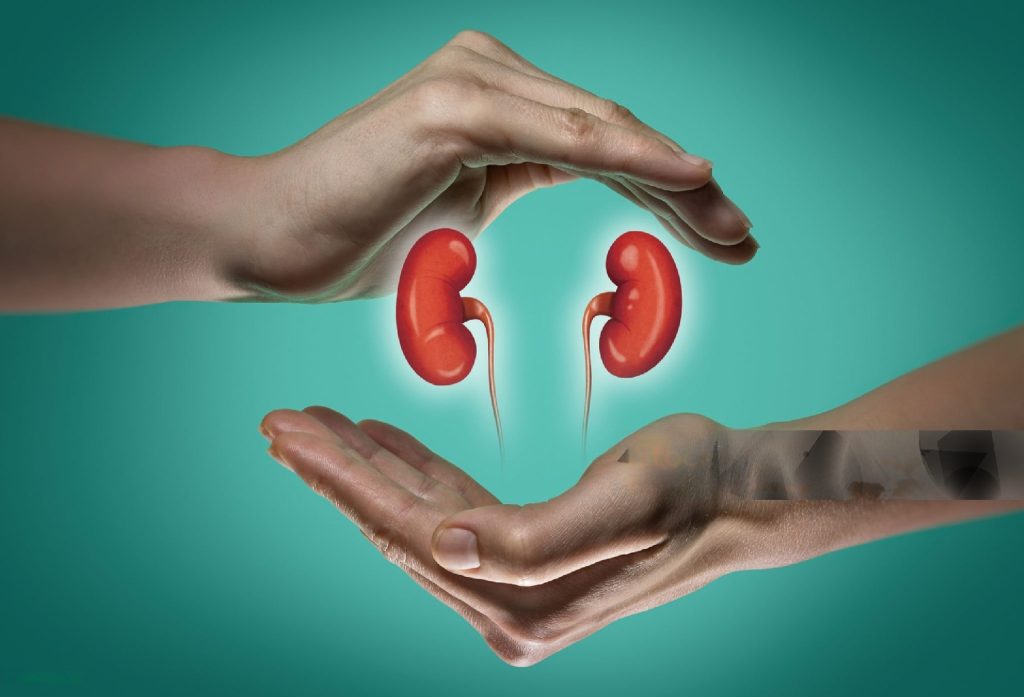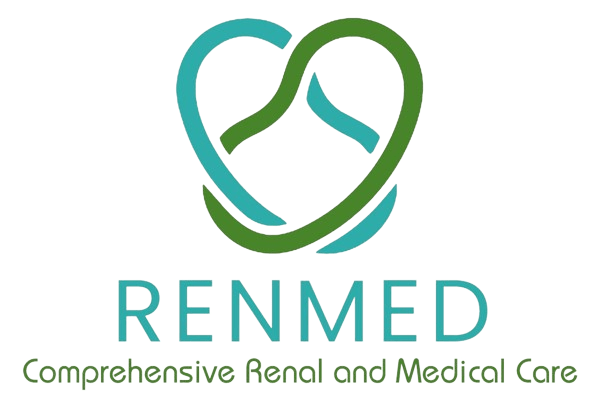Hemodialysis counselling
Home / Haemodialysis counselling

What is Hemodialysis?
Hemodialysis is a treatment for kidney failure that filters and purifies the blood using a machine. This process helps remove waste products and excess fluids from the body when the kidneys can no longer perform these functions effectively.
The Role of Haemodialysis Counselling
Haemodialysis counselling is more than just providing information; it’s about empowering patients and their families with the knowledge and skills to manage treatment effectively. Here’s how counselling can help:
Education and Understanding: Counselling sessions explain what hemodialysis entails, including how the machine works, the duration and frequency of sessions, and potential side effects. Understanding these details helps alleviate concerns and prepares patients for what to expect.
Treatment Decision Support: Counsellors work closely with patients to explore their treatment options and make informed decisions based on individual health needs and preferences. They provide clarity on the benefits and challenges of hemodialysis compared to other treatments like peritoneal dialysis or kidney transplantation.
Lifestyle and Dietary Guidance: Hemodialysis requires adjustments in lifestyle and diet to ensure treatment effectiveness and overall health. Counsellors offer practical advice on managing fluid intake, monitoring electrolytes, and making dietary choices that support kidney function.
Emotional Support: Coping with kidney disease and the adjustments that come with hemodialysis can be challenging emotionally. Counselling provides a safe space to discuss fears, anxieties, and emotional well-being, offering strategies to cope and maintain a positive outlook.
Family and Caregiver Support: Counselling extends support to family members and caregivers, helping them understand their roles, address concerns, and learn how to provide the best possible care and support to their loved one undergoing hemodialysis.
Conclusion
Hemodialysis counselling is an essential component of comprehensive kidney care, providing education, decision support, lifestyle guidance, emotional support, and caregiver assistance. By partnering with skilled counsellors, patients can approach hemodialysis with confidence, empowered to manage their health and well-being effectively.
Introduction of Dialysis in CKD
1. Indications for Starting Dialysis:
- Glomerular Filtration Rate (GFR):
- Dialysis is typically considered when the GFR falls below 15 mL/min/1.73 m², which is indicative of Stage 5 CKD (ESRD). However, the decision to start dialysis is not based solely on GFR.
- Symptomatic Uremia:
- The presence of symptoms related to uremia, such as nausea, vomiting, loss of appetite, fatigue, and cognitive impairments, often prompts the initiation of dialysis. These symptoms indicate the buildup of toxins in the blood due to insufficient kidney function.
- Fluid Overload:
- Persistent fluid overload that cannot be managed with diuretics is another indication. Signs include swelling (edema), shortness of breath, and hypertension. This condition can lead to life-threatening complications like pulmonary edema.
- Electrolyte Imbalances:
- Severe and refractory hyperkalemia (high potassium levels), which can lead to cardiac arrhythmias, or metabolic acidosis (excessive acidity in the blood), may necessitate the start of dialysis.
- Other Complications:
- Complications such as pericarditis (inflammation of the lining around the heart), persistent nausea or vomiting, and severe itching (pruritus) that do not respond to other treatments can also trigger the initiation of dialysis.
- Early Initiation:
- Some clinicians advocate for earlier initiation of dialysis, before severe symptoms or complications arise. This approach is thought to possibly prevent further complications of CKD and improve patient outcomes.
- However, studies like the IDEAL (Initiating Dialysis Early and Late) trial suggest that early initiation of dialysis (at a GFR of 10-14 mL/min/1.73 m²) does not significantly improve survival or quality of life compared to a later start.
- Late Initiation:
- Delaying dialysis until symptoms become more apparent can prevent unnecessary exposure to the risks and lifestyle changes associated with dialysis. Patients can often maintain a better quality of life for longer without dialysis if it is safe to delay it.
- The decision is individualized, taking into account the patient’s symptoms, life expectancy, and personal preferences.
Timing of Dialysis in CKD
1. Symptom-Based Timing:
- Dialysis should be initiated when symptoms of uremia or other complications significantly impact the patient’s quality of life or pose a risk to health, regardless of the exact GFR. Symptom-driven initiation is considered patient-centered and can avoid the premature start of dialysis.
- GFR is a useful marker for estimating kidney function, but it should not be the sole determinant for the timing of dialysis. Typically, dialysis is considered when GFR falls below 15 mL/min/1.73 m², especially if accompanied by symptoms.
- The timing of dialysis initiation should involve shared decision-making between the patient and healthcare provider, considering the patient’s symptoms, lifestyle, overall health, and personal values. Discussions should also include the potential benefits and risks of starting dialysis at different stages.
Conclusion:
The decision to start dialysis in CKD is complex and individualized, based on a combination of clinical indicators such as GFR, the presence of symptoms, and other health complications. Early initiation may be beneficial in some cases, but many patients can safely delay dialysis until later stages of CKD, with close monitoring and management of symptoms. Shared decision-making between the patient and healthcare team is essential to determine the optimal timing for dialysis, balancing the need to manage symptoms with the goal of preserving quality of life for as long as possible without dialysis.
Outcomes of dialysis in CKD
1. Survival Rates
- Short-Term Survival:
- Dialysis is life-sustaining for patients with end-stage renal disease (ESRD), providing an immediate solution for the clearance of waste products and excess fluids when the kidneys can no longer perform these functions.
- Short-term survival rates after initiating dialysis are generally high, with most patients surviving the first year. However, survival rates decline over time, particularly for older patients and those with significant comorbidities.
- Long-Term Survival:
- The 5-year survival rate for patients on dialysis varies widely, typically ranging from 35-50%, depending on factors such as age, overall health, and dialysis modality. Younger, healthier patients tend to have better outcomes, while older patients or those with cardiovascular disease or diabetes may experience lower survival rates.
- Hemodialysis and peritoneal dialysis both offer similar long-term survival rates, although some studies suggest that peritoneal dialysis may be associated with better early survival in certain populations, such as younger patients without significant comorbidities.
2. Quality of Life
- Physical Health:
- Dialysis patients often experience physical challenges, including fatigue, muscle cramps, and fluid retention. Hemodialysis can lead to hypotension (low blood pressure) during or after treatment sessions, which can cause dizziness, nausea, and weakness.
- Physical functioning may be limited due to the time-consuming nature of dialysis, especially with in-center hemodialysis, which typically requires three sessions per week, each lasting 3-5 hours.
- Mental Health:
- Mental health issues, such as depression and anxiety, are common among dialysis patients due to the chronic nature of the disease, the impact on daily life, and the stress associated with ongoing treatment.
- The loss of independence and the burden of managing a chronic illness can contribute to reduced mental well-being.
- Social and Lifestyle Impact:
- Dialysis can significantly affect a patient’s social life and ability to work. The need for regular treatment sessions, dietary restrictions, and fluid intake limitations can make it difficult for patients to maintain a normal lifestyle.
- Patients on home dialysis (e.g., home hemodialysis or peritoneal dialysis) may experience more flexibility, potentially leading to a better quality of life compared to those undergoing in-center hemodialysis.
3. Complications and Morbidity
- Cardiovascular Disease:
- Cardiovascular disease (CVD) is the leading cause of morbidity and mortality in dialysis patients. The dialysis process itself, as well as the underlying kidney disease, can contribute to the development of CVD through mechanisms such as fluid overload, hypertension, and electrolyte imbalances.
- Infections:
- Dialysis patients are at increased risk for infections, particularly those with central venous catheters for hemodialysis or those on peritoneal dialysis, where the peritoneal catheter can be a source of infection (peritonitis).
- Infections are a significant cause of hospitalization and death among dialysis patients.
- Bone and Mineral Disorders:
- CKD-mineral and bone disorder (CKD-MBD) is common in dialysis patients and can lead to bone pain, fractures, and cardiovascular calcifications. This is due to imbalances in calcium, phosphate, and parathyroid hormone levels.
- Malnutrition:
- Malnutrition is a frequent issue in dialysis patients due to dietary restrictions, loss of appetite, and the catabolic effects of dialysis. Malnutrition can further compromise the immune system and overall health, leading to poorer outcomes.
4. Economic and Social Burden
- Cost of Treatment:
- Dialysis is expensive, with costs including the treatment itself, medications, hospital visits, and management of complications. In many countries, the cost of dialysis is covered by government programs or insurance, but the economic burden on patients and families can still be substantial, especially when considering indirect costs such as lost income.
- Impact on Family and Caregivers:
- The need for regular dialysis can place a significant burden on family members and caregivers, both in terms of time commitment and emotional stress. This can lead to caregiver burnout and strain on family relationships.
5. Mortality and Causes of Death
- Cardiovascular Death:
- Cardiovascular events, including heart attacks and strokes, are the most common causes of death among dialysis patients, accounting for approximately 40-50% of all deaths in this population.
- Infection-Related Death:
- Infections are the second leading cause of death, particularly bloodstream infections and peritonitis in peritoneal dialysis patients.
- Withdrawal from Dialysis:
- Some patients, particularly those with poor quality of life or severe comorbidities, may choose to withdraw from dialysis, leading to death from uremia. This decision is often made in consultation with healthcare providers and family members when the burdens of treatment outweigh the benefits.
Conclusion:
Dialysis is a vital life-sustaining treatment for patients with CKD who have reached ESRD, but it comes with significant challenges. While dialysis can prolong life and manage symptoms of kidney failure, it is associated with a range of complications, a high burden on quality of life, and substantial economic costs. The outcomes of dialysis vary depending on the patient’s age, comorbid conditions, and the type of dialysis used, with cardiovascular disease being the most significant threat to survival. Efforts to improve dialysis outcomes focus on optimizing treatment modalities, managing complications, and enhancing the overall quality of life for patients.Renmed Clinic - Hemodialysis
Other services
- Diabetes
- Hypertension
- Febrile illness
- Acute kidney injury
- Chronic kidney disease
- Glomerular disease
- Urinary tract infection and stones
- Paediatric kidney disease
- Haemodialysis counselling
- Peritoneal dialysis counselling
- Renal transplant work up
- Liver and gastrointestinal diseases
- Anaemia
- Respiratory disorders
- Headache and nervous disorders
